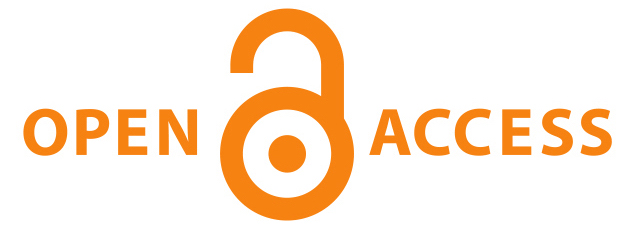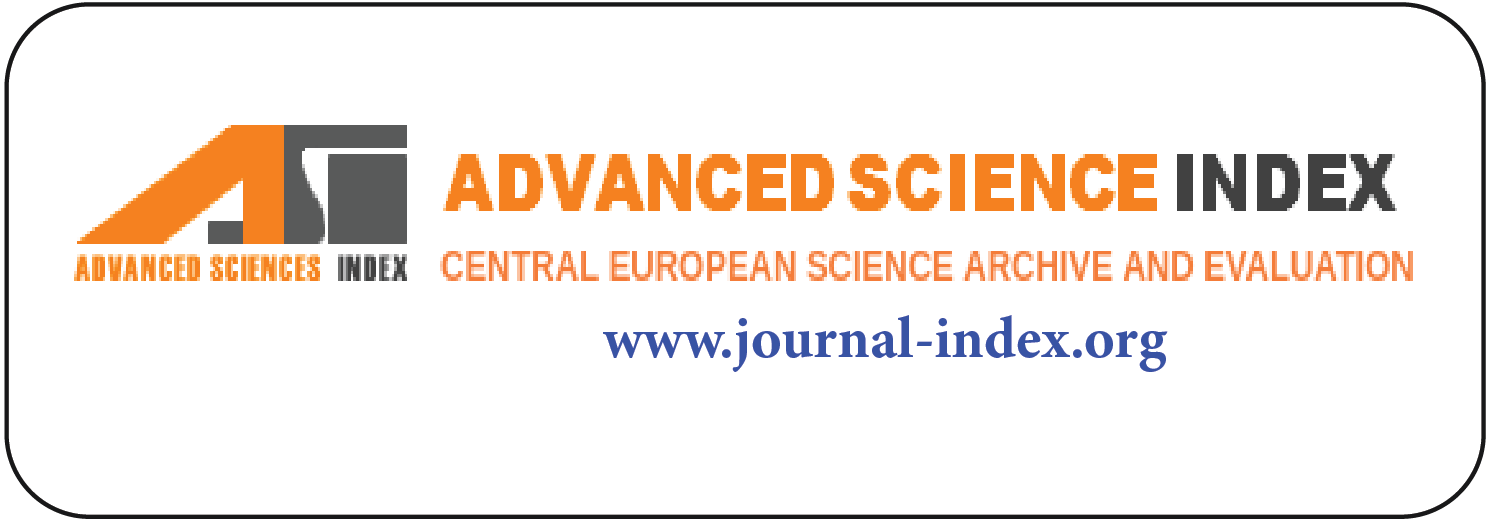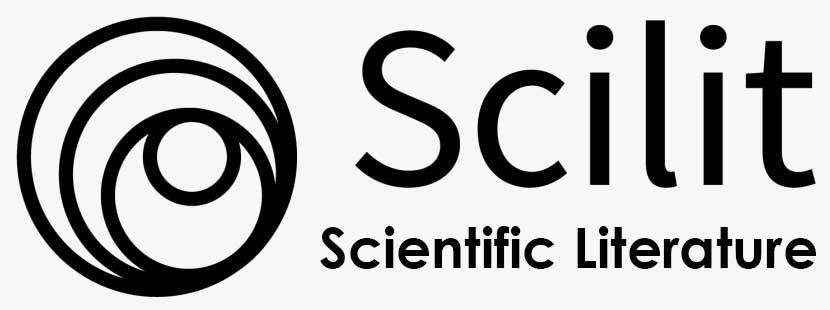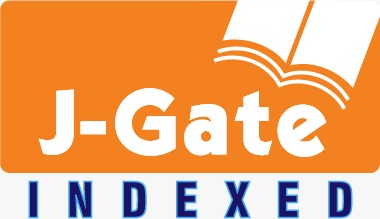Unspoken Inequalities: Effects of Online Learning Responses to Covid-19 on Migrant Children and Their Families, Chiang Mai, Thailand
DOI:
https://doi.org/10.56868/jadhur.v1i1.13Keywords:
COVID-19, Thailand online learning policy, Migrant children, Educational inequality, Chiang Mai Municipal schoolsAbstract
The COVID-19 pandemic has taken its toll on children’s education worldwide, albeit with different impacts. Children in impoverished families have to suffer the direst impacts from a lack of access to education, public health, food and various forms of threats. In Thailand, the first confirmed COVID-19 infection was identified in January 2020. The government eventually imposed the Emergency Decree on Public Administration in the State of Emergency (the Emergency Decree) in March 2020, to put in place social distancing and closure of schools, among other things. In May the Thai government also introduced “online learning” in an effort to continue the education of children. Such “online learning” hinges on using homes as a base to provide learning. This article is an attempt to analyze the impacts of such “online learning” policies on the accumulation of human capital among the second-generation of migrant children in the context of the urban poor in the city of Chiang Mai. This analysis is based on data acquired from the research on “The adaptation of second-generation Shan migrant children through education in Thailand”. The paper analyzes 13 migrant families whose children studied at Grades 6 and 9 at municipal schools in Chiang Mai city. Semi-structured interviews were employed to collect data from representatives of 13 migrant families during August and September 2020. It was found that the announced online learning was not implemented effectively because most of the children’s homes lacked resources to access online learning tools. Such findings indicate a structural problem in which the Thai authorities make the migrant workers vulnerable in terms of economic citizenship and public health at the expense of their children’s education. Such workers and families are forced to stay outside the public welfare, security and social safety net both before and in the midst of the COVID-19 crisis.
Downloads
Published
How to Cite
Issue
Section
License
Copyright (c) 2022 Nongyao Nawarat, Pisith Nasee, Nannaphat Saenghong

This work is licensed under a Creative Commons Attribution 4.0 International License.
















